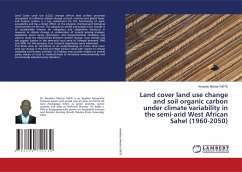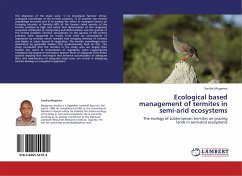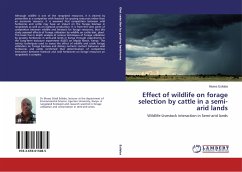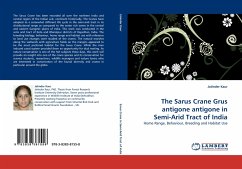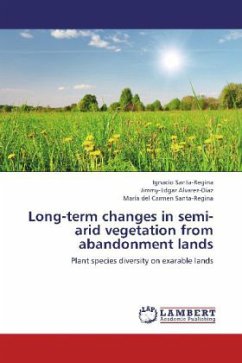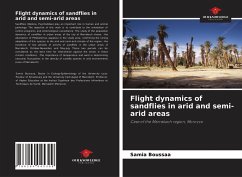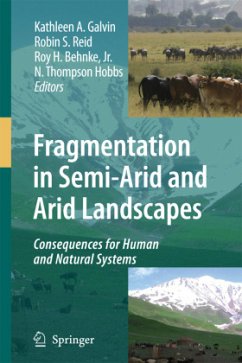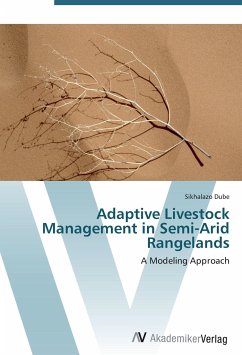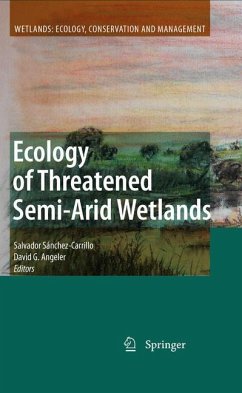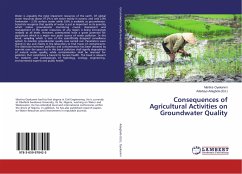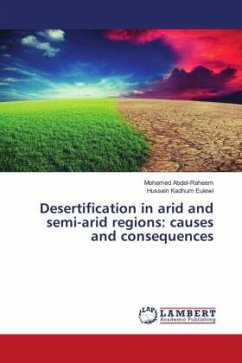
Desertification in arid and semi-arid regions: causes and consequences
Versandkostenfrei!
Versandfertig in 6-10 Tagen
56,99 €
inkl. MwSt.

PAYBACK Punkte
28 °P sammeln!
Desertification threatens different areas of the planet, from the Aral Sea to the Amazon, across all five continents. 6,000 years ago, the Sahara desert, now the largest desert in the world, was grassland covered with vegetation. The oscillations of the Earth's axis turned this area of the planet from an orchard to a sandy area where almost nothing can grow. In that case, we speak of a process of natural desertification which is in contrast to what is happening currently: large areas of the planet are being desertified at an accelerated rate as a result of human activity and climate change. De...
Desertification threatens different areas of the planet, from the Aral Sea to the Amazon, across all five continents. 6,000 years ago, the Sahara desert, now the largest desert in the world, was grassland covered with vegetation. The oscillations of the Earth's axis turned this area of the planet from an orchard to a sandy area where almost nothing can grow. In that case, we speak of a process of natural desertification which is in contrast to what is happening currently: large areas of the planet are being desertified at an accelerated rate as a result of human activity and climate change. Desertification is the process by which vegetation in drylands i.e. arid and semi-arid lands, such as grasslands or shrublands, decreases and eventually disappears. The concept does not refer to the physical expansion of existing deserts, but to the various processes that threaten to turn currently non-desert ecosystems into deserts. Human activities, including deforestation and the overexploitation of aquifers, accelerate desertification. The effects of climate change, which is also driven by humans, and the destruction it causes in the form of extreme weather phenomena such as droughts.



